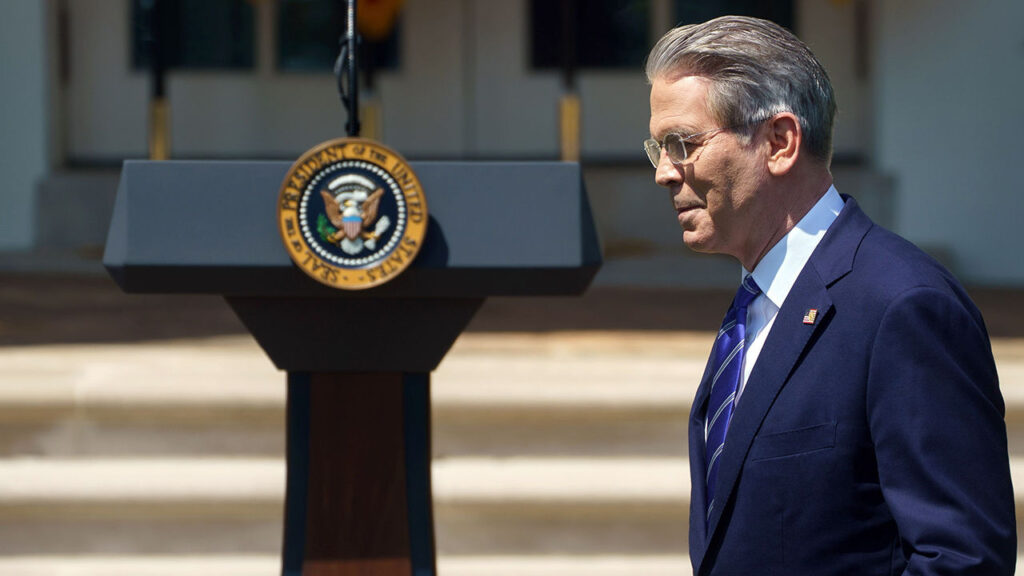Switzerland has long been envisioned as a pivotal player in the global trading system, a place where crucial economic decisions could shape international commerce. Historical markers illustrate this vision clearly; for instance, the city of Geneva holds a significant place in trade history, as it was here in 1947 that representatives from 23 nations convened to sign the General Agreement on Tariffs and Trade (GATT). This agreement laid the groundwork for trade negotiations that would span nearly four decades, creating a framework that many countries relied upon for systematic trade relations and tariff regulations.
Geneva’s reputation as a hub of international trade continued to grow, and in 1995, it became the birthplace of the World Trade Organisation (WTO). The establishment of the WTO marked a new era of hope and expectations for global trade governance. It sought to provide a more structured and equitable platform for dialogue and dispute resolution among member nations, aiming to foster trade liberalization while addressing various complexities of international relations. However, in more recent years, Switzerland’s esteemed position on the global trade stage has faced significant challenges, particularly influenced by shifts in political leadership in other nations.
One of the most notable challenges arose during the presidency of Donald Trump in the United States. His administration was characterized by an overt skepticism towards the WTO, which he often criticized for what he perceived as its shortcomings in protecting American interests. Trump’s preference for unilateral trade actions, especially the imposition of tariffs, ran contrary to the ideals that institutions like the WTO were built upon. This inclination towards protectionism shook the foundational beliefs about free trade that have pervaded discussions within the international community for decades.
Despite these challenges and the evolving landscape of global trade, Geneva remains a vital location for high-stakes negotiations. The city continues to serve as a meeting ground for representatives from the world’s largest economies, who congregate to discuss trade agreements, tariffs, and various aspects of international commerce. As tensions between nations fluctuate, the focus of these discussions often oscillates between collaboration and conflict. With each gathering, stakeholders are faced with the ongoing task of balancing national interests with global stability.
The dynamics of trade negotiations in Geneva have evolved in recent years, showcasing not only traditional issues surrounding tariffs and market access but also newer topics such as digital trade, environmental sustainability, and innovation. These discussions reflect a broader understanding of what trade entails in the 21st century, recognizing that contemporary commerce exists in an interconnected ecosystem where non-tariff barriers can have substantial effects on international business.
Furthermore, Geneva is emblematic of the resilience and adaptability required in international trade talks. As new economic powers rise and old alliances shift, the negotiation table in Geneva continues to witness efforts from various delegates seeking to find common ground amidst their differing national agendas. The spirit of diplomacy remains critical, as countries look to adapt to changing global economic paradigms, leverage technological advancements, and navigate the complexities of international law.
In conclusion, while Switzerland, particularly its city of Geneva, has faced uncertainty regarding its role in global trade due to changing leadership and attitudes towards international agreements, it persists as a key venue for dialogue. The stakes remain high, with negotiations representing not only economic interests but also broader political relations among nations. Geneva may have to navigate through tumultuous waters, but it holds on to its historic legacy, influenced by both its past as a preparatory ground for trade regulations and its present as a stage for significant international discussions.



